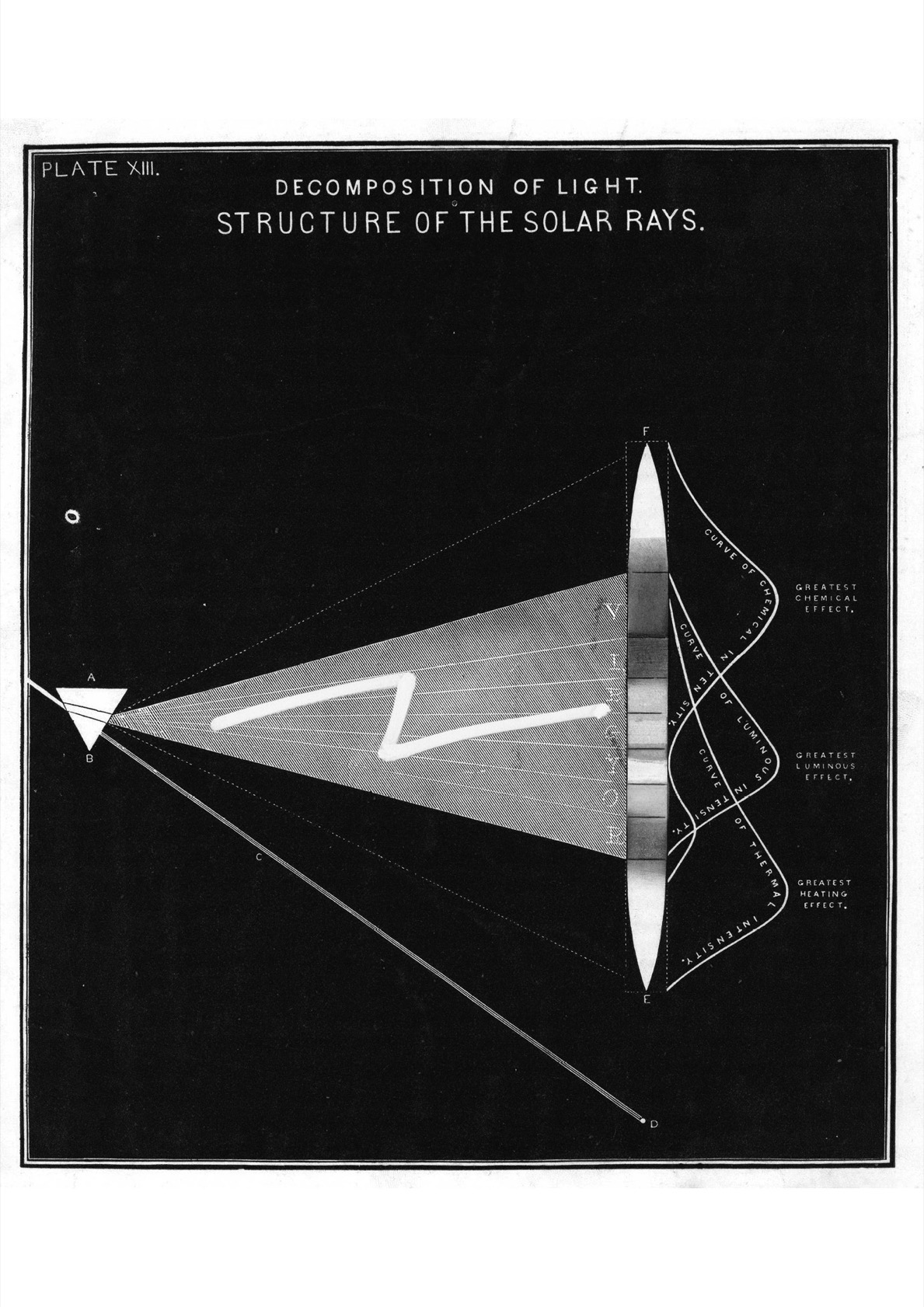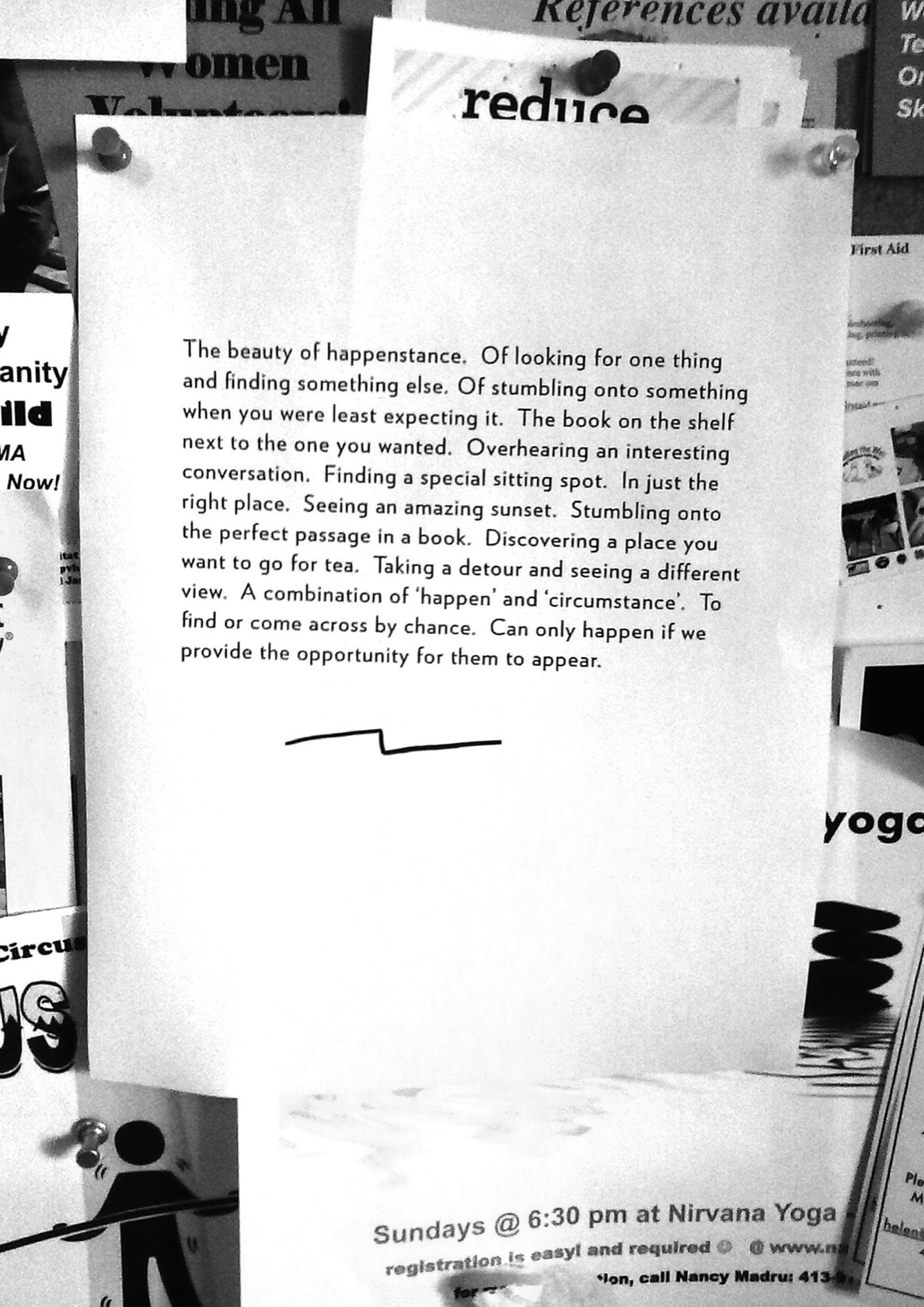THE IMPORTANCE OF RANDOMNESS
When we repeat the same activities day in and day out, we limit our ability to have new experiences. Over time our bodies, senses, and brains start to atrophy. Our world becomes smaller and smaller until we are living in a tiny little box.
Society likes us to exist in this box because it makes our behavior predictable. If our behavior is predictable, society is more able to sell us things that we don’t need. We tell ourselves that the box is okay, that it is safe, but really the box is a little prison.
How do you know which activities are good for you and which are not? If it is good for you, doing it will give you energy. You will feel charged and powerful, excited, electric, able to take on the world. If it is not good for you, you will feel drained, depleted, lethargic, passive, atrophied.
Deep satisfaction, a sense of fulfillment, new experiences, tangibility, a direct experience of life, connection—these are the things our soul is really seeking. We cannot experience these things by staying in the same little box (literally or metaphorically). We need to push ourselves into new ways of seeing and thinking, alter our course regularly, use all of our senses during our explorations, forget what we know, question things, wake ourselves up.
The wanderer is open to the unknown, to the unexpected, to randomness!
To illustrate this essential openness, we can look at the difference between wanderers and tourists. Tourists make plans and a list of things they want to see, and plot out the day on a schedule. If the plans fall through or do not go the way intended, suffering is the result.
The wanderer does not plan but lets experience tell him or her what will happen, what direction to go in. There are no set criteria to follow. There is no predictability because the path is subject to change at any moment. This openness makes the wanderer much more adaptable and resilient—wanderers are able to enjoy the moment whatever it is. If new experiences present themselves, the wanderer is able to go with the flow.
As wanderers we are not looking for the absence of routine. We are looking to incorporate more spontaneity into our life with the goal of opening ourselves up to the unknown. Life is an experiment. To wander is to seek the unexpected.
Does the act of doing something without purpose challenge you a little?
Good.
Milk uncertainty and try to exploit disorder.
—Nassim Taleb, “How Things Gain from Disorder” (lecture)





